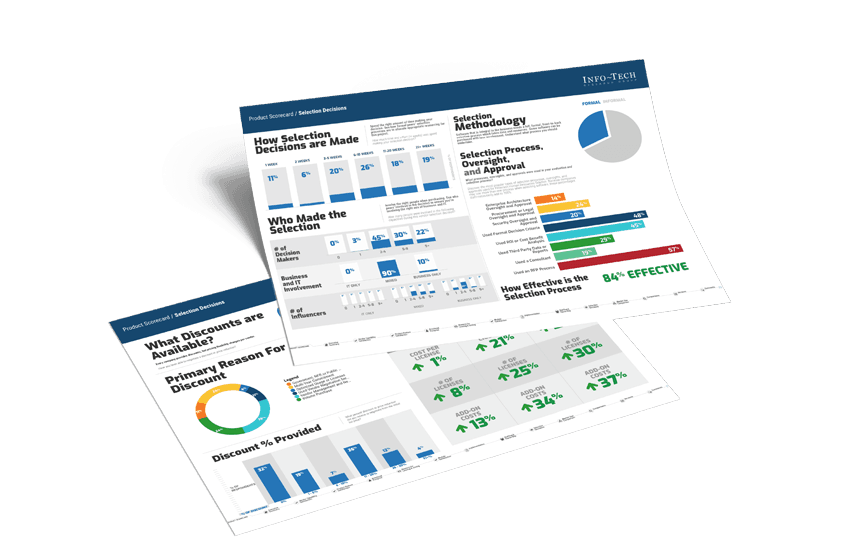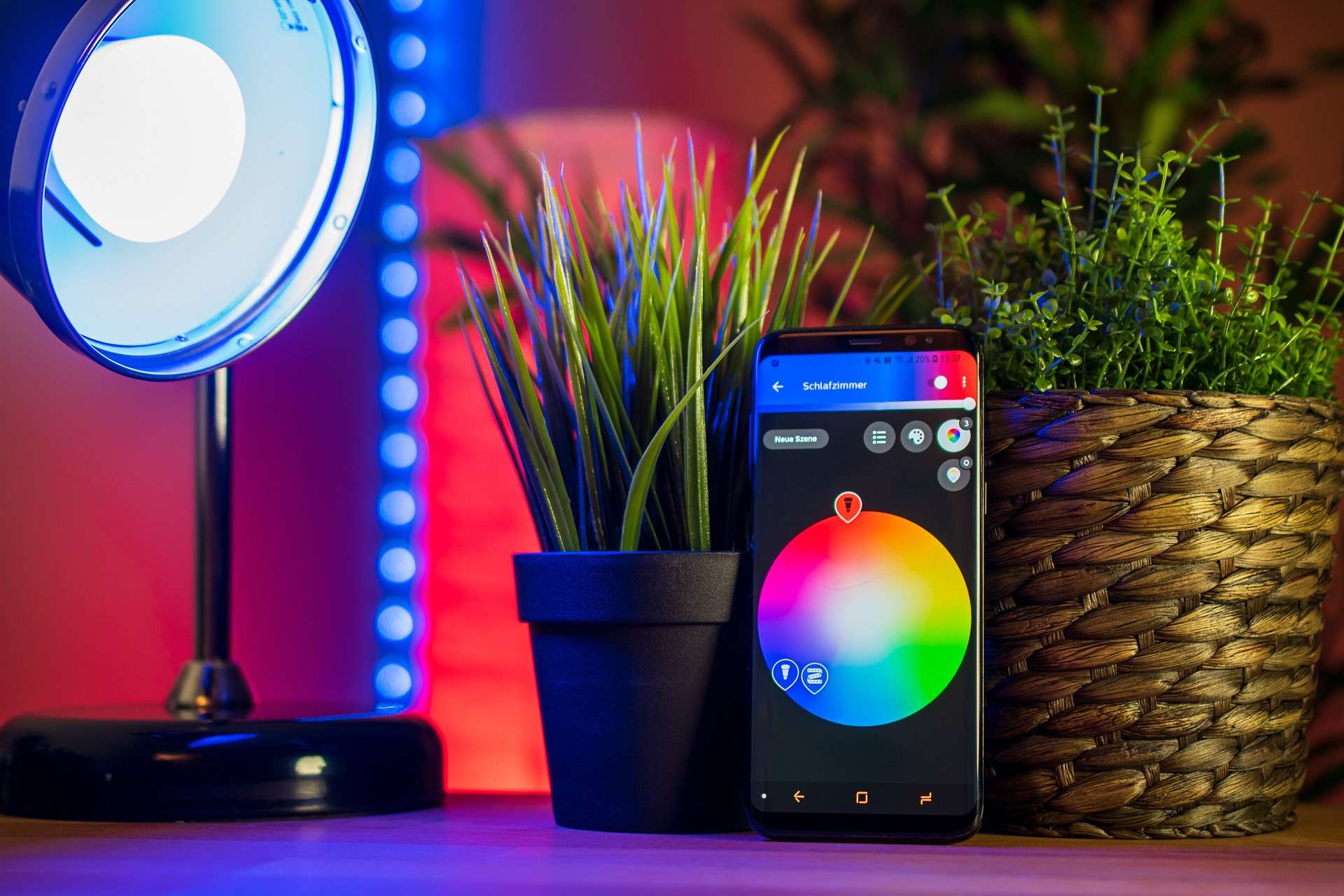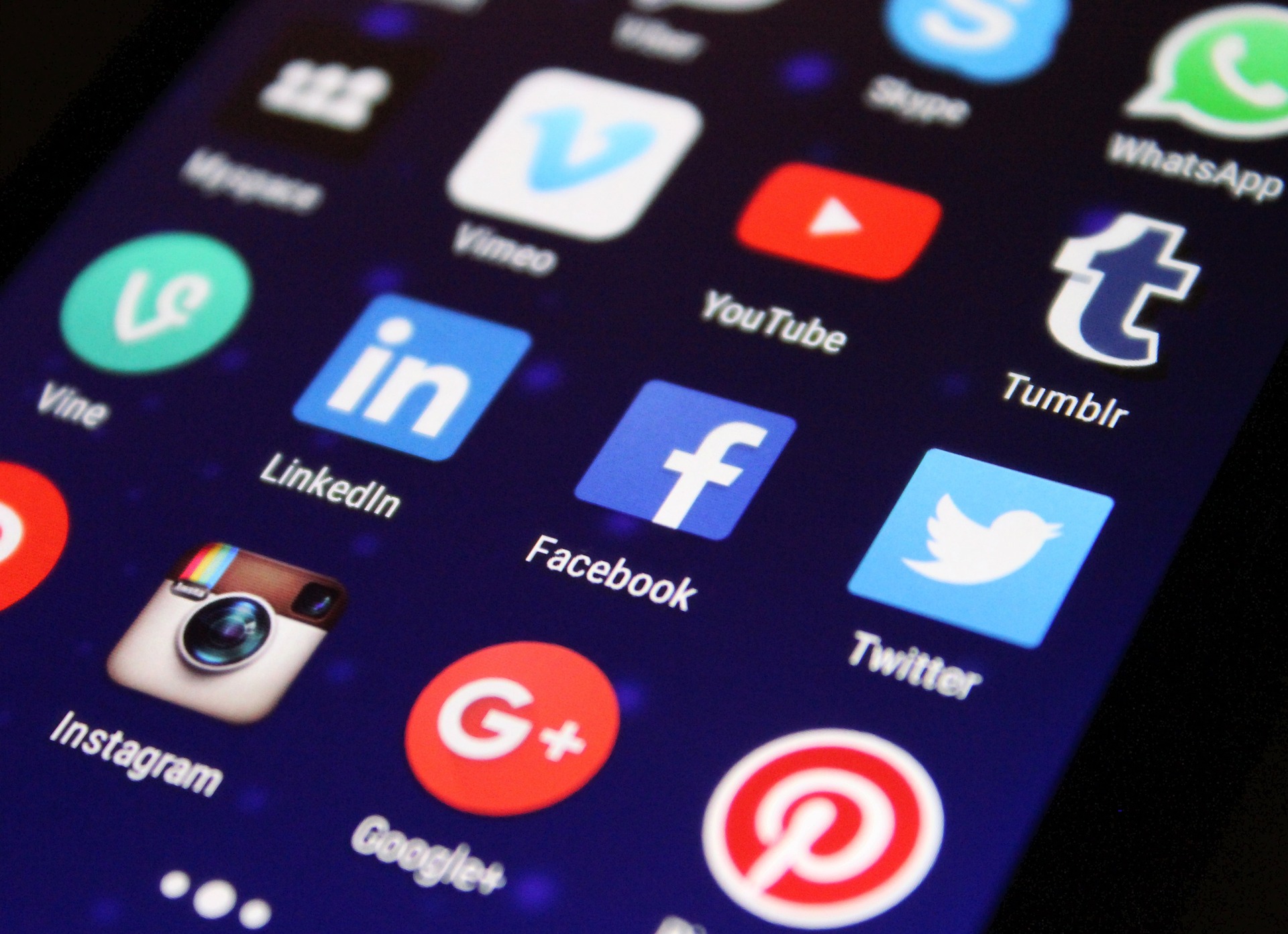In recent years, mental health has increasingly become a focus of innovation in the digital realm, with new technologies offering new solutions for both diagnosing and treating mental health issues. From mental health apps and wearables to online therapy platforms, the integration of digital tools into mental health care is reshaping how we approach well-being. This movement toward digital solutions is particularly timely, as mental health challenges continue to rise globally, especially in the wake of the COVID-19 pandemic.
In this article, we will explore how digital tools are transforming mental health care, examining the benefits and challenges of mental health apps, wearables, and virtual therapy platforms in the context of providing accessible, personalized, and scalable mental health care.
1. Mental Health Apps: Revolutionizing Self-Care and Support
Mental health apps have become one of the most popular and accessible ways for individuals to manage their mental health on a daily basis. These apps offer a wide range of features, from mood tracking to guided meditation and therapy exercises. They are designed to provide users with tools that promote emotional well-being and help manage issues such as stress, anxiety, depression, and insomnia.
Types of Mental Health Apps:
- Mood and Anxiety Tracking: Apps like Moodfit and Woebot help users track their mood, identify triggers, and use cognitive behavioral therapy (CBT)-based exercises to manage negative emotions and stress.
- Meditation and Mindfulness: Apps like Headspace, Calm, and Insight Timer offer guided meditations, breathing exercises, and relaxation techniques to reduce anxiety, improve sleep, and promote emotional resilience.
- Therapeutic Tools: Some apps, such as BetterHelp and Talkspace, provide a platform for online therapy, where users can access licensed therapists via text, audio, or video consultations.
Example:
- Calm is one of the leading apps for mindfulness and mental relaxation. It offers a variety of tools including meditation programs, sleep stories, and breathing exercises, aimed at reducing stress and anxiety. The app has become increasingly popular, especially during the pandemic when many people sought accessible ways to cope with isolation and stress.
Benefits of Mental Health Apps:
- Accessibility: Available 24/7, mental health apps can help individuals manage their well-being at their own convenience, especially in areas with limited access to in-person therapy.
- Affordability: Many apps are free or available at a lower cost compared to traditional therapy, making mental health care more accessible to a larger population.
- Anonymity and Privacy: For individuals hesitant to seek traditional therapy due to stigma, apps provide a more private, anonymous option to explore mental health support.
Challenges:
- Effectiveness: While many apps are helpful, they cannot replace professional therapy for more serious mental health conditions. Not all apps are scientifically validated, so users need to be discerning about which apps they use.
- Self-Monitoring: Relying solely on apps to track mental health can be risky without the guidance of a trained professional, especially for individuals dealing with severe mental health conditions.
2. Wearables: Tracking Mental Health in Real-Time
Wearable technology—smartwatches and fitness trackers—has moved beyond tracking physical activity to monitoring mental health in real time. Devices like the Apple Watch, Fitbit, and Oura Ring are equipped with sensors that can track physiological signals related to stress, sleep, and mood. Some wearables are now even incorporating emotion-detecting algorithms to offer deeper insights into emotional states.
Key Features of Wearables for Mental Health:
- Heart Rate Variability (HRV) Monitoring: HRV is a key indicator of stress and emotional regulation. Devices like the Oura Ring and WHOOP measure HRV to provide users with insights into their mental state and help them identify when they are at risk of burnout or anxiety.
- Sleep Tracking: Sleep is closely linked to mental health. Wearables can track sleep quality, sleep cycles, and disruptions, helping users understand how their sleep patterns affect their mood and stress levels.
- Stress and Activity Monitoring: Some wearables, like the Fitbit Sense, offer features that detect elevated stress levels and provide suggestions for breathing exercises or mindfulness practices to help lower stress in real-time.
- Mental Health Alerts: Advanced wearables with integrated algorithms can send alerts or suggestions if they detect signs of mental distress, such as prolonged periods of low activity or elevated heart rates, which may be indicative of stress, anxiety, or depression.
Example:
- The Fitbit Sense includes a stress management feature that tracks physiological indicators of stress, such as changes in heart rate and skin temperature. The app suggests mindfulness exercises, such as guided breathing, to help users relax and regain balance.

Benefits of Wearables for Mental Health:
- Real-Time Monitoring: Wearables allow for continuous monitoring of emotional and physical health, helping users recognize patterns that affect their mental well-being.
- Proactive Support: By detecting early signs of stress, anxiety, or emotional distress, wearables enable users to take proactive steps to manage their mental health before issues escalate.
- Holistic Health Approach: Wearables provide a more comprehensive understanding of a person’s health by tracking both physical and mental well-being.
Challenges:
- Data Overload: Wearables can collect a lot of data, which may overwhelm some users and make it difficult to interpret what the data means for their mental health.
- Privacy Concerns: Since wearables collect sensitive health data, there are concerns about data security and how personal health information is being used or shared.
3. Online Therapy: Bringing Professional Help to Your Doorstep
Online therapy is one of the most significant shifts in the mental health landscape, especially during the COVID-19 pandemic, when in-person visits became more difficult. Platforms like BetterHelp, Talkspace, and ReGain connect users with licensed therapists for remote consultations via text, video, or voice calls.
Key Features of Online Therapy Platforms:
- Convenience: Therapy sessions are available at any time and from any place, eliminating the need for travel or waiting for in-person appointments.
- Access to Specialists: Online therapy platforms often give users access to a broader range of specialists, including those with expertise in cognitive behavioral therapy (CBT), dialectical behavior therapy (DBT), and trauma-focused therapy.
- Anonymity and Comfort: Many individuals find it easier to open up in an online environment, where they feel less pressure and more comfort compared to traditional face-to-face therapy.
- Affordability: Online therapy tends to be more affordable than in-person therapy, offering a flexible pricing structure based on the frequency and type of therapy.
Example:
- Talkspace is one of the leading online therapy platforms, offering individuals access to licensed therapists through messaging, video calls, and live audio sessions. It provides flexible subscription options and is designed to accommodate a wide range of mental health issues, including anxiety, depression, trauma, and relationship challenges.
Benefits of Online Therapy:
- Accessibility: Online therapy makes it easier for individuals to receive care in underserved areas or for those who face mobility issues.
- Cost-Effective: The affordability and convenience of online therapy make it an attractive option for individuals who may not have access to traditional therapy due to financial or geographical limitations.
- Wide Range of Services: Users can find therapists with specialized expertise in various treatment modalities, offering more tailored support.
Challenges:
- Limited Personal Connection: Some users may feel less emotionally connected to their therapist due to the lack of in-person interaction.
- Therapeutic Effectiveness: While online therapy is effective for many people, it may not be suitable for individuals with more severe mental health issues who require intensive in-person treatment or hospitalization.
- Technological Barriers: Accessing online therapy requires reliable internet and comfort with technology, which can be a barrier for certain populations.
The Future of Mental Health in the Digital Age
As digital health technologies continue to evolve, the future of mental health care will likely become even more integrated, personalized, and accessible. Potential future developments include:
- AI-Powered Therapy: AI-driven tools could complement traditional therapy by offering real-time emotional support, therapy exercises, and even sentiment analysis to gauge patients’ mental states.
- Expanded Wearables: We may see wearables that incorporate even more advanced emotional sensing and real-time interventions, offering a deeper understanding of mental health patterns.
- Integrated Health Systems: The integration of mental health monitoring across smart devices, apps, and clinical settings could lead to more holistic care that addresses both mental and physical well-being in real time.
Despite these advances, there are key challenges to address, including data privacy concerns, accessibility in underdeveloped regions, and the need for rigorous scientific validation of digital mental health solutions.
Conclusion: Empowering Individuals with Digital Tools for Mental Health
The rise of mental health apps, wearables, and online therapy platforms marks a new chapter in the quest for accessible, effective, and personalized mental health care. These digital tools provide individuals with more control over their mental well-being, offering support and interventions that can prevent problems from escalating. However, the combination of human expertise and digital innovation will be critical in ensuring that individuals receive the most effective












